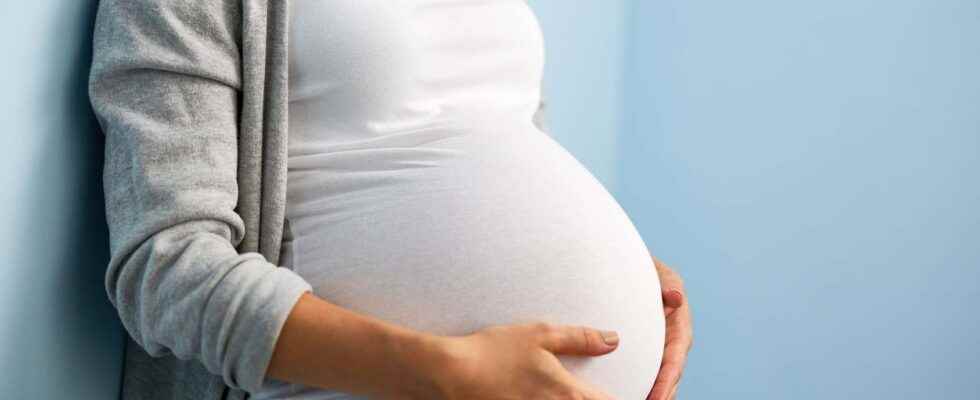Vaccination is recommended for pregnant women from the start of pregnancy. A Scottish study shows that vaccines protect women and their babies from complications, especially if they are infected near term.
You will also be interested
Vaccination coverage against Covid-19 is not equivalent in all sections of the population. For example, data is sorely lacking for pregnant women. They have access to the vaccination from the first trimester of pregnancy and this is recommended from the second trimester. Only the vaccines mRNA can be given to pregnant women; if the formulasAstra Zeneca and Johnson & Johnson did not show harm to fetal development in animal testing, clinical data in pregnant women are too scanty to completely rule out a risk.
In France, the ANSM in collaboration with the Hospices Civils de Lyon and the Hôpitaux de Toulouse is piloting a study on the potential adverse effects of vaccination against Covid-19 in pregnant women and the unborn baby. The “Covacpreg” initiative is currently recruiting pregnant women over the age of 18 until April 2022. The results of this pharmacovigilance study will only be available in several months.
A Scottish study, appeared in NatureMedicine, monitored vaccination coverage against Covid-19 in pregnant women and the occurrence of hospitalizations and deaths attributable to Covid-19 in parturients and their children. The follow-up took place between December 2020 and October 2021, 10 months during which 25,917 doses of anti-Covid vaccine (first dose, booster or third dose) were injected into 18,457 pregnant women. Vaccination coverage has increased over the course of follow-up but remains well below that of women aged 18 to 44 in the general population: 32.3% of women who gave birth in October 2021 were vaccinated against 77.4% of women in general.
Unvaccinated pregnant women more at risk
Premature births (per 100 births) and extended perinatal deaths (neonatal and birth mortality, calculated per 1,000 births) were analyzed at the light the vaccination status of women and compared to the rate observed for all births over the same period. It appears that the injection of an anti-Covid vaccine during pregnancy and 28 days beforechildbirth does not increase the number of preterm births and extended perinatal deaths. The rates observed in these women are similar, or even lower, to those observed in women not infected with the SARS-CoV-2.
In contrast, pregnant women are more at risk of experiencing premature birth or extended perinatal death when infected with the coronavirus at any stage of pregnancy, but especially when the infection occurs 28 days before delivery. The preterm birth rate for women infected 28 days before birth is 16.6 per 100 births; 22.6 cases of extended perinatal deaths per 1,000 births. In total, 77.4% of infections, 90.9% of hospital admissions linked to Covid-19, and 98% of intensive care admissions concern pregnant women who were not vaccinated at the time of diagnosis of Covid-19 .
Interested in what you just read?
.
fs6
